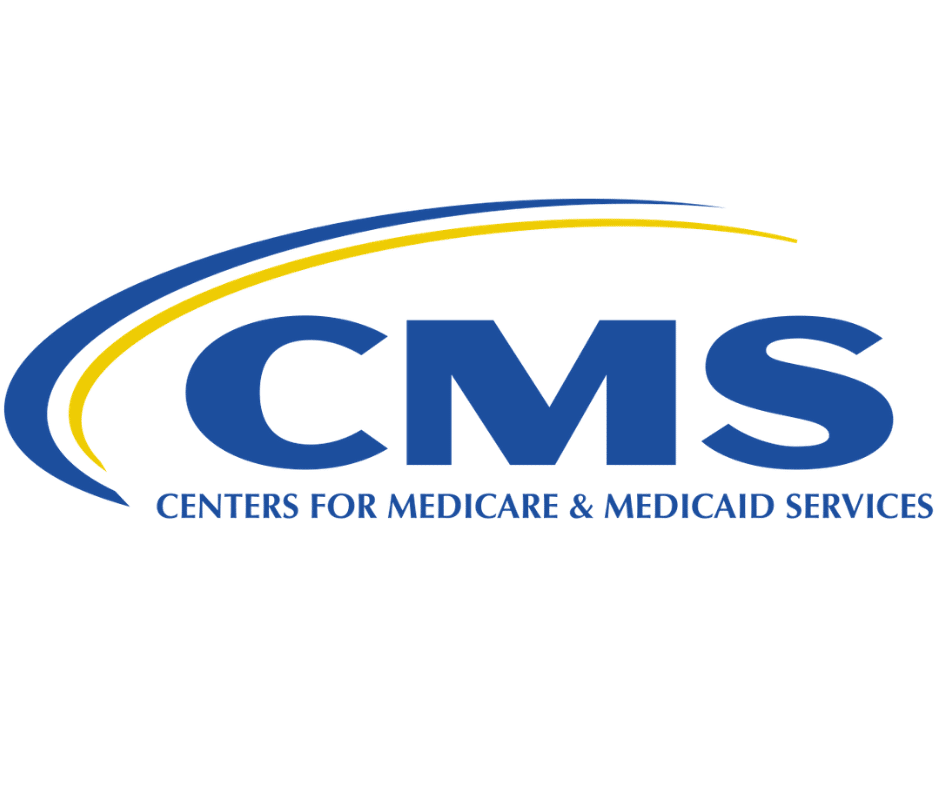Dementia is a term that describes a group of symptoms that affect memory, thinking, and social abilities severely enough to impact daily life.
Alliance for Aging Research Submits Comments on Coverage for Monoclonal Antibodies for Alzheimer’s Disease
Published August 13, 2021

August 13th, 2021 – The Alliance submitted comments to the Centers for Medicare & Medicaid Services (CMS) on its upcoming National Coverage Determination (NCD) analysis for monoclonal antibodies (mAB) targeting amyloid to treat Alzheimer’s disease. This is a class of therapies that removes plaque in the brain that is theorized to be the cause of Alzheimer’s disease (AD). Through an NCD, CMS will establish a national Medicare coverage policy for treatments. Currently, coverage determinations for monoclonal antibody treatments for Alzheimer’s disease are being made regionally by Medicare Administrative Contractors (MACs).
Over the next few months, CMS will analyze the clinical evidence of Aduhelm – the first mAB approved by the Food and Drug Administration (FDA), review submitted comments, and meet with stakeholders as it develops a proposed coverage decision memo, to be due on January 12, 2022. This will be followed by a subsequent 30-day comment period for groups to submit comments, with a final decision on coverage expected on April 12, 2022.
Through an NCD, CMS can choose to provide – or not provide – coverage for drugs in the class. Additionally, CMS could create guidelines around patient subgroups that would be eligible for associated drugs and/or extend coverage with evidence development (CED). Under a CED model, CMS would require a post-marketing clinical trial or patient registries to evaluate effectiveness of drugs within the mAB class during an initial restricted coverage period.
In its letter to CMS, the Alliance made the below recommendations to the agency.
- CMS should not issue a CED for drugs in the class because such a requirement would be redundant with an ongoing FDA Phase 4 study for Aduhelm. Further, a CED would apply to all mABs, which may not be appropriate based on different target populations and safety and efficacy results for various therapeutics. Historically, CED requirements have placed unnecessary hurdles on smaller and rural hospitals, exacerbating access issues and disparities for minority populations and people residing in areas with limited access to large hospitals.
- As CMS develops its proposed decision memo, it should issue clear guidance to MACs and commercial plans in the interim that FDA-approved therapeutics are considered reasonable and necessary. It is widely believed that most MACs and many plans will not extend coverage for these therapies to beneficiaries until CMS develops a national coverage plan.
- CMS should broaden coverage and access to Alzheimer’s disease imaging and diagnostics. To determine whether a patient has Alzheimer’s disease, a positron imaging tomography (PET) scan is needed. However, these scans are not currently covered by CMS. These scans are necessary to help diagnose Alzheimer’s and assist physicians in making informed treatment decisions for their patients.
Click here to read the letter.
About the Alliance for Aging Research
The Alliance for Aging Research is the leading nonprofit organization dedicated to accelerating the pace of scientific discoveries and their application to vastly improve the universal human experience of aging and health. The Alliance believes advances in research help people live longer, happier, more productive lives and reduce healthcare costs over the long term. For more than 30 years, the Alliance has guided efforts to substantially increase funding and focus for aging at the National Institutes of Health and Food and Drug Administration; built influential coalitions to guide groundbreaking regulatory improvements for age-related diseases; and created award-winning, high-impact educational materials to improve the health and well-being of older adults and their family caregivers. For more information, visit www.agingresearch.org
Media Contact:
Janelle Germanos
Communications Manager
[email protected]
(202) 688-1209
